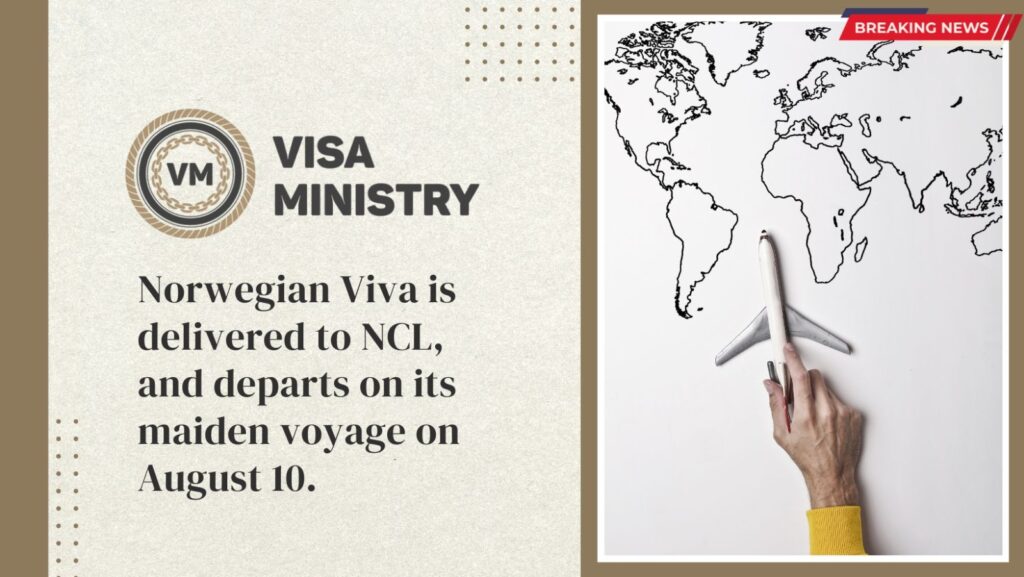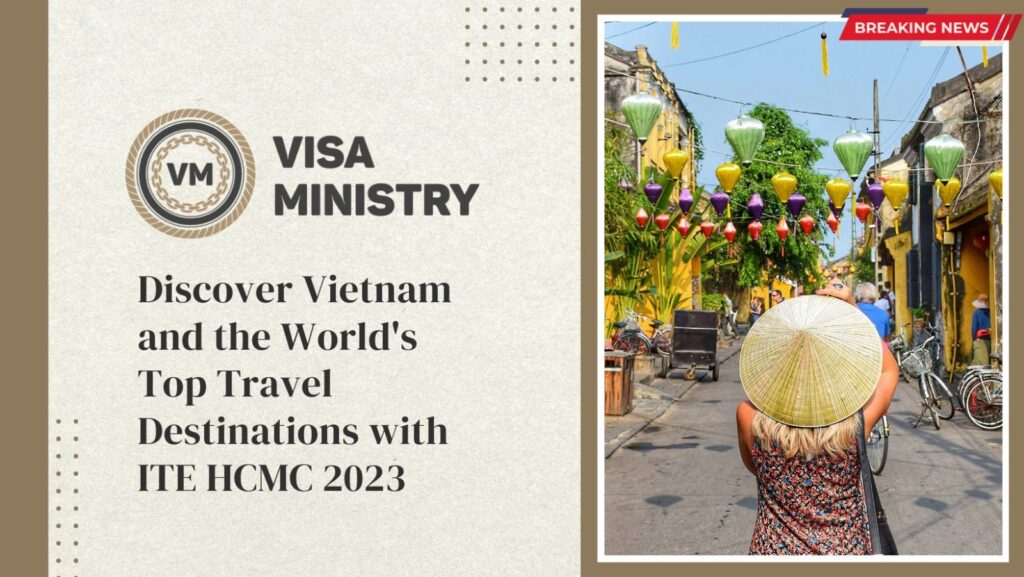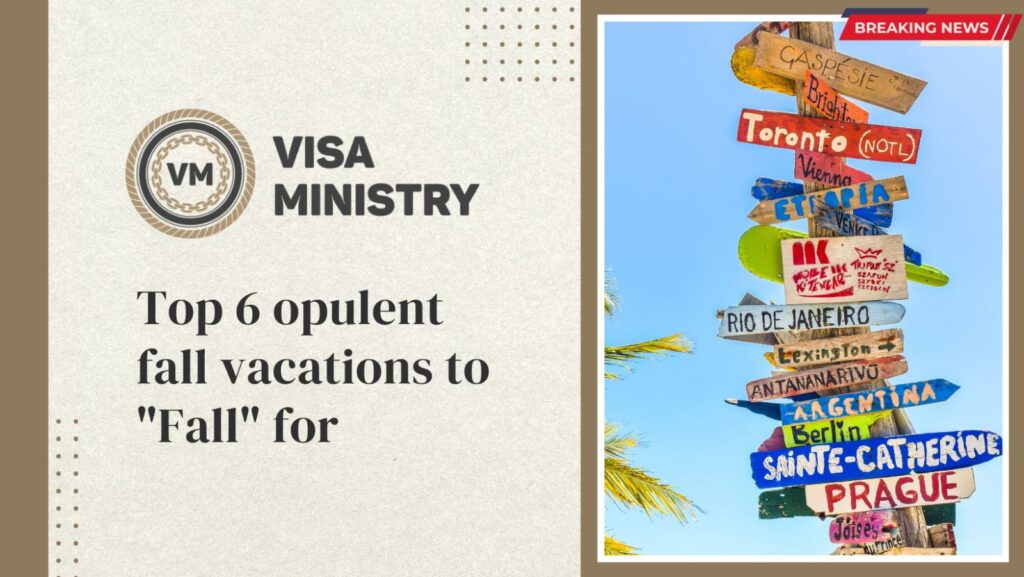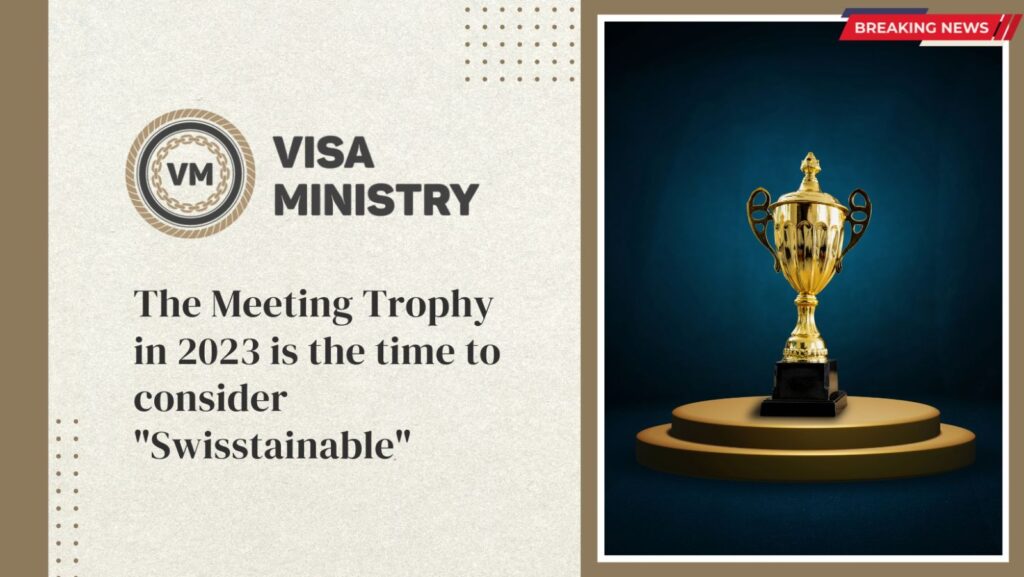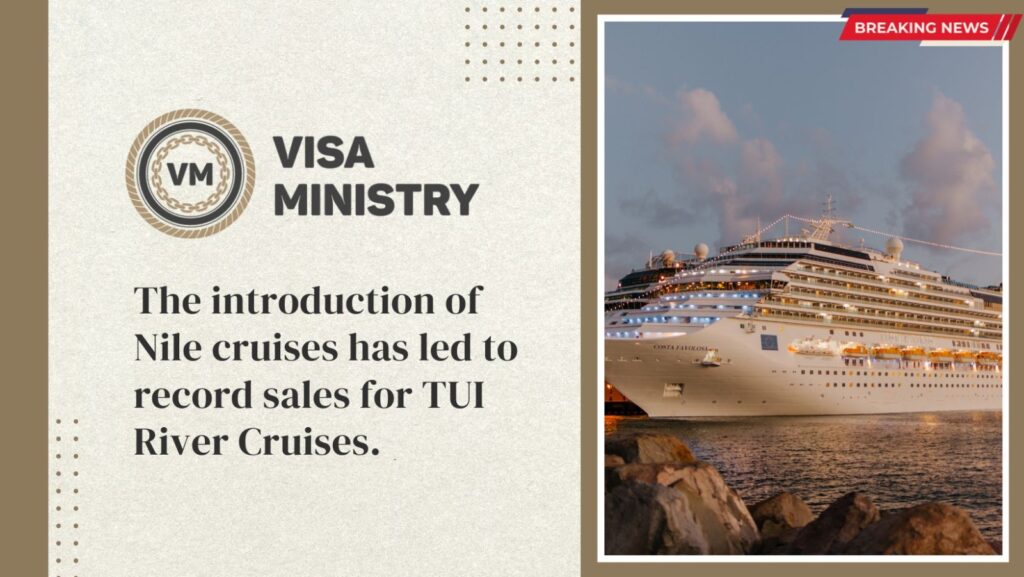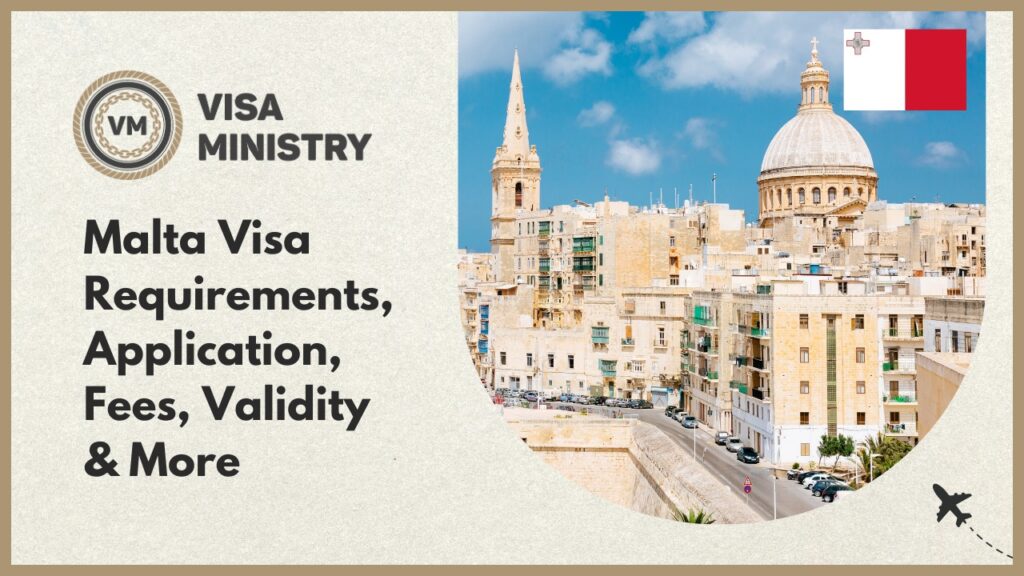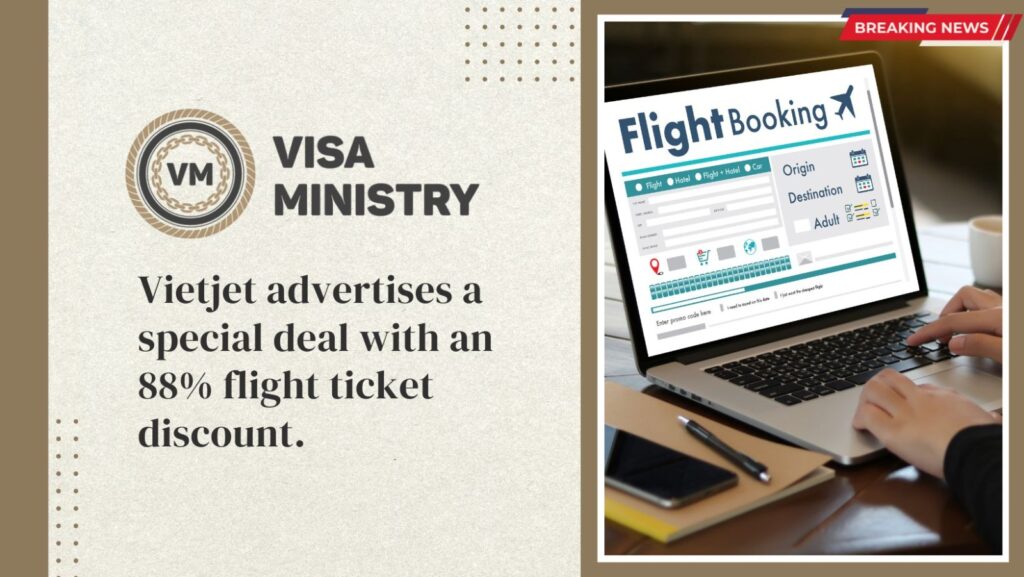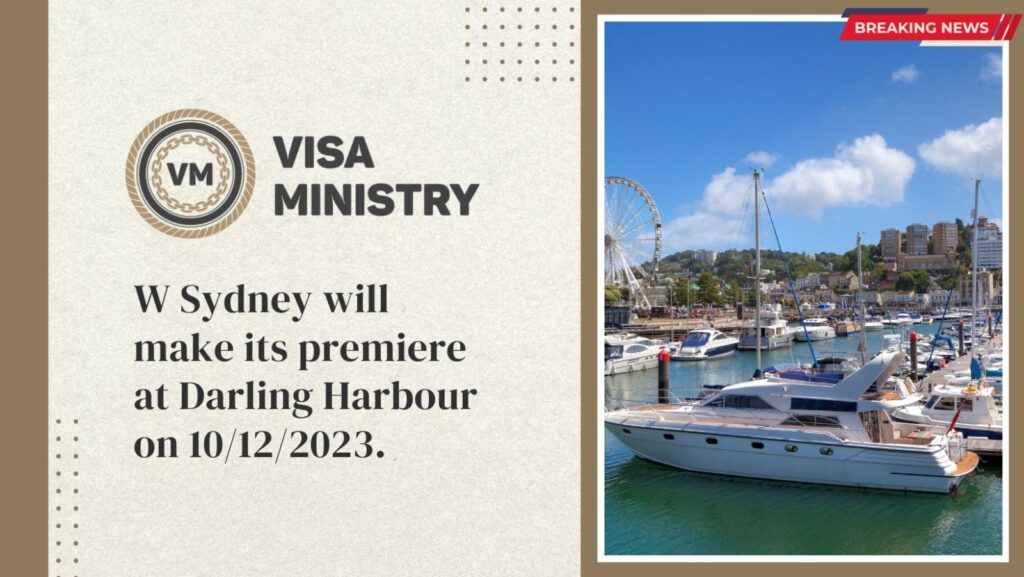Norwegian Viva is delivered to NCL, and departs on its maiden voyage on August 10.
The second ship of the ground-breaking Prima Class, Norwegian Viva was delivered to Norwegian Cruise Line (NCL) at the Fincantieri shipyard in Marghera, Italy. The fleet now consists of 19 ships. The historic occasion commemorates the arrival of the second of six Prima Class ships scheduled to make their debut through 2028. When Norwegian Prima debuts in 2022, Norwegian Viva will continue to set new standards for cruising. The ship’s slogan, “Live it Up,” captures the enhanced onboard experience and guest experience that this innovative class is known for, including upgraded amenities, more roomy designs, thrilling onboard attractions like the three-story Viva Speedway, and novel dining concepts, most notably Indulge Food Hall, an outdoor food market with 11 distinct restaurants. According to David J. Herrera, president of Norwegian Cruise Line, “Ships as stellar as those of the Prima Class are only possible in collaboration with an incredible shipyard like Fincantieri.” “Delivery marks an important turning point for Norwegian Viva, and we are beyond thrilled to bring this magnificent ship to life as we welcome guests aboard next week,” the company said. With a length of 965 feet, a gross tonnage of 143,535 tonnes, and a capacity for 3,100 passengers, Norwegian Viva also has The Concourse, an outdoor sculpture park in Ocean Boulevard. This boardwalk’s wraparound design brings passengers closer to the water than before. Six artists who have had their works shown aboard past Norwegian Cruise Line Holdings Ltd. ships—Kevin Box, Jonathan Prince, Arik Levy, Richard Hudson, Sophie Elizabeth Thompson, and Pablo Atchugarry—will have pieces in this space that have been reimagined for Norwegian Viva. The 52-foot-long interactive work of art “Every Wing has a Silver Lining,” created especially for Norwegian Viva by contemporary British digital artist Dominic Harris, will be added to Metropolitan Bar, the ship’s unique sustainable cocktail bar. “Norwegian Viva is a testament to our wonderful partnership with Norwegian Cruise Line,” stated Pierroberto Folgiero, CEO of Fincantieri. “We are honoured to contribute to the groundbreaking Prima Class and look forward to continuing our partnership with the next four eagerly awaited Prima Class ships for years to come.” Norwegian Viva will cruise a number of Mediterranean and Greek Isles itineraries after departing on her first voyage on August 10, 2023, before having her official christening in Miami on November 28, 2023. Source- Travel biz
Norwegian Viva is delivered to NCL, and departs on its maiden voyage on August 10. Read More »
